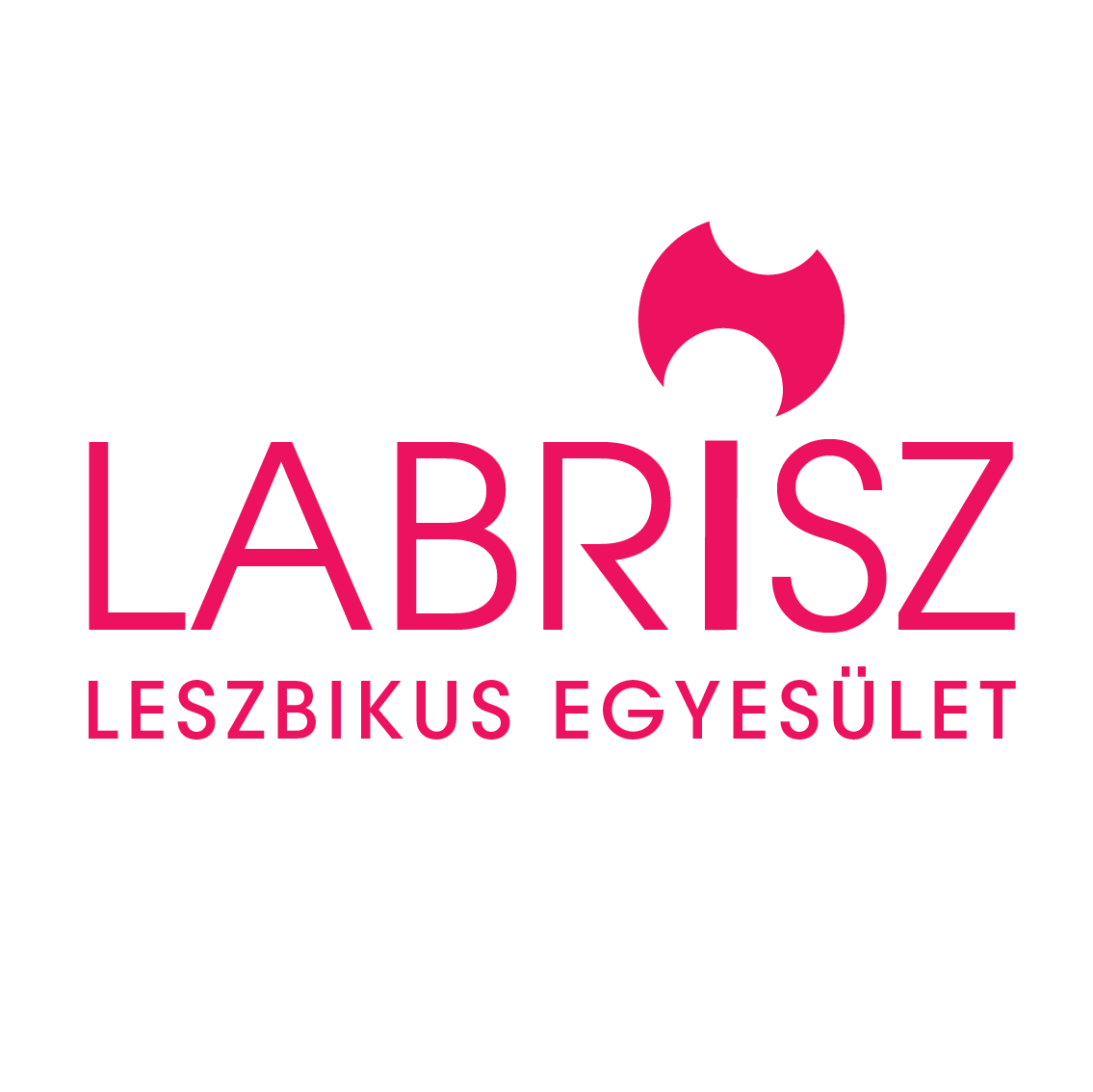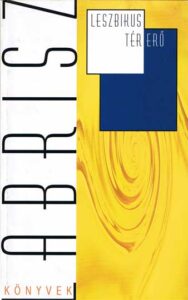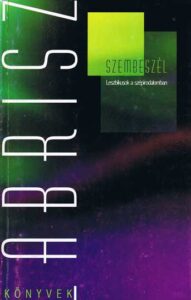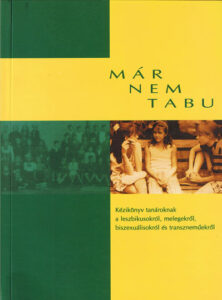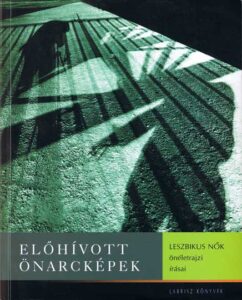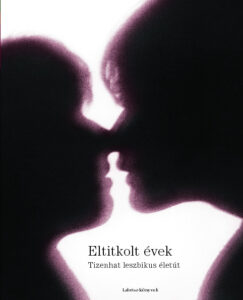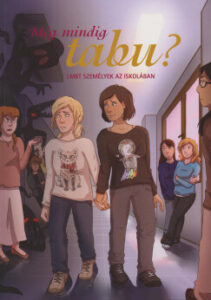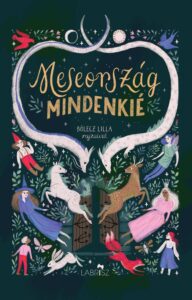Labrisz Books
A Labrisz Leszbikus Egyesület a megalakulása utáni évben, 2000-ben indította el „Labrisz-könyvek” sorozatát, melyben eddig hét kötet látott napvilágot. Az alábbi címekre kattintva a kötetek részletesebben megismerhetők és lejjebb meg is rendelhetők. A könyveket a budapesti Írók Boltja is árusítja.
A sorozat eddig megjelent kötetei:
- Leszbikus tér/erő (Lesbian Space) esszékötet (2000),
- Szembeszél, leszbikusok a szépirodalomban szépirodalmi antológia (2001)
- Már nem tabu tanári kézikönyv (2002)
- Előhívott önarcképek, leszbikus nők önéletrajzi írásai (2003)
- Eltitkolt évek, tizenhat leszbikus életút interjúkötet (2011)
- Még mindig tabu? átdolgozott oktatási kézikönyv (2018)
- A Fairytale for Everyone meseantológia (2020) Meseország mindenkié honlap
Könyvrendelés
Labrisz Books
The Labrisz Lesbian Association launched its “Labrisz Books” series in 2000, the year following its founding. To date, seven volumes have been published.
The volumes published in the series so far are:
- In the volume Leszbikus tér/erő (Lesbian Space), essays of Hungarian and Anglo-Saxon authors can be read about lesbian history and politics, feminism, identity and coming out, as well as the representation of lesbianism in the media, literature and politics.
- The collection Szembeszél Counterwinds includes texts of lesbian literary fiction: short stories, novel extracts and poetry by contemporary authors. Most of them are translations of English-speaking authors (from Adrienne Rich to Jeanette Winterson), a smaller part is prose and poetry by the fortunately increasing number of Hungarian authors (from Anna Lovas Nagy to Agáta Gordon).
- The teacher’s handbook Már nem tabu (Not a Taboo Anymore) connects to the association’s former secondary school education programme, Getting to Know LGBT People. It contains information materials, lesson plans that touch upon or process LGBT topics, writings related to school, a glossary, a list of recommended readings and films, as well as the contact information of organisations that can be of help. Its primarily target is secondary school teachers and trainers who hold trainings or seminars for them about minorities and inclusion.
- The volume Előhívott önarcképek (Developed Self-Portraits) contains letters, diary excerpts and autobiographical writings by lesbians “from the beginnings” to our time, from Australia through North America to Western and Central and Eastern Europe, from Emily Dickinson through Virginia Woolf to Marlene Dietrich. We have obtained these texts in different ways. Some required research and investigation (especially the early texts, but also some 20th-century ones), others have already been included in the lesbian canon in Western countries. Yet others were written specifically for this volume, at our request.
- Eltitkolt évek (Secret Years) is part of the “lesbian herstory” project of Labrisz Lesbian Association, in the framework of which we interview women who were already adult lesbians before the fall of the Iron Curtain and tried to accept themselves and find connections and communities in that context. One outcome of this work is the documentary film of the same title, which premiered in 2009. The interview volume, which is richly illustrated with photographs, has been edited from the stories of the eleven women in the film, plus five other interviews. The English translation of the interviews is available on the website.
- Még mindig tabu? (Is It Still a Taboo?) is a teachers’ handbook, which processes 10 LGBTQ-themed school situations from a pedagogical and psychological perspective, in a general human rights framework, with a norm-critical approach. The book’s primary aim is to help and guide pedagogues in creating a world without taboos, but it could contain new information for any school citizen, and could form the basis of classroom debates in various subjects.
- The volume Meseország mindenkié (A Fairytale for Everyone) contains re-written versions of classic fairytales with heroes who belong to stigmatised or minority groups. The works of nine well-known authors and eight debutants have been selected into the volume, including stories of a Roma Thumbelina, a gay Cinderella, a dragon-killing waitress, a three-eared rabbit, and children who come from extreme poverty, abusive or adoptive families.
